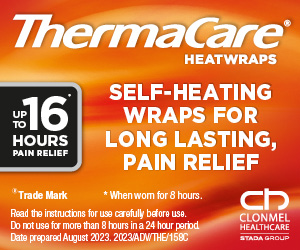Sports injuries can affect sports men and women of all ages and abilities. Common sports injuries include;
- Bruises
- Ligament sprains and tears
- Muscle and tendon strains
- Joint injuries
- Overuse injuries
- Stress fractures
Common sports injuries can be categorised according to how they happened:
- Trauma- direct trauma such as a blow to the thigh can cause bleeding and inflammation in the muscle (dead leg). Falling on an outstretched arm could result in a shoulder dislocation or wrist fracture. Indirect trauma as in landing awkwardly in a tackle could result in a ligament rupture (cruciate tear), muscle tear (hamstring) or a torn cartilage.
- Overuse- repetitive actions can strain muscles, ligaments and tendons. Common in sports with repetitive throwing or gripping such as tennis and golf. Sports such as football with a strong rotary action can result in recurrent hip and groin pain.
- Biomechanical- our body type has a strong bearing on our ability to cope with the demands made by sporting actions. In dynamic activities, for example, the foot is the propeller. Poor alignment of the foot will cause undue strain on the joints of the lower limb and lumbar spine.
How can physiotherapy help?
Whether at elite or recreational level, your Chartered Physiotherapist has a specialist knowledge of sports injuries, ensuring effective management of your injury and the earliest return to full sporting participation - while minimising the risk of the injury recurring. Your visit to a Chartered Physiotherapist typically includes a detailed assessment of the injury, how it occurred, causative factors and an explanation of what has happened.
Specific treatment of the injury may include the following:
- Therapeutic exercise - stretching, strengthening, correction of muscle imbalance, postural correction and hydrotherapy.
- Manual techniques - massage, frictions, joint mobilisation and manipulation.
Taping, bandaging and advice on suitable supports. - Advice regarding use of Heat and Ice at home
- Heat - to ease stiffness in muscles and joints.
- Electrotherapy - ultrasound, interferential, laser and shortwave may aid the recovery of injured tissues. Electrical stimulation of weak muscles may also be necessary.
- Biomechanical assessment and prescription of orthotics (customised insoles).
Your rehabilitation programme will be specific to your sport and may include the following:
- Advice on injury prevention.
- Advice on technique and use of equipment.
- Advice on warm-up and cool-down.
- Customised exercise prescriptions specific to you and your sport.
- Advice on the earliest safe return to sport.
- Pre-season fitness screening.
If appropriate, your Chartered Physiotherapist will liaise with your doctor, hospital consultant or coach.
Useful Links and Rsesources:
Physiotherapy Sports Injury & Recovery Leaflet
Preparing for Marathon Race Day Leaflet
Post Race Recovery Strategies Leaflet
Disclaimer
The content on this page is provided for general information purposes only and is not meant to replace a physiotherapy or medical consultation. The ISCP is not responsible for the content of any external sites, nor should selection be seen as an endorsement of them.



